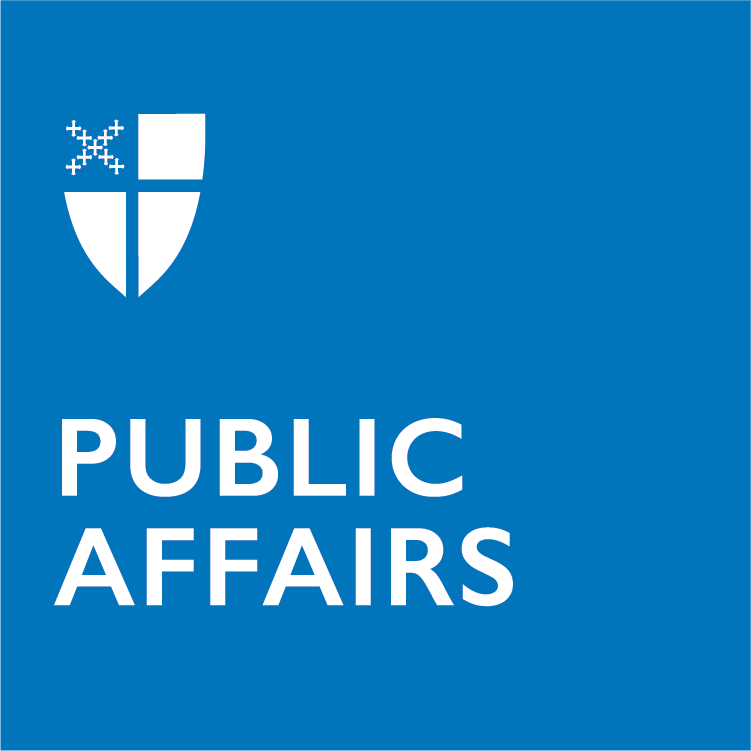The Episcopal Church Office of Government Relations has developed a five-week Civil Discourse Curriculum, focusing on civil discourse and designed for reflection, consideration and discussion.
“The Civil Discourse Curriculum was created as a resource to help folks understand and practice civil discourse, particularly as it relates to discussion about politics, policy and legislation, and why it is so important to living out our Gospel call and solving the problems facing our communities, country and the world,” explained Alan Yarborough, Office of Government Relations Communications Coordinator and Office Manager.
Civil discourse is defined as an engagement in conversation intended to enhance understanding, and has important applications for public policy and civic engagement.
“We created the curriculum to be a five-week program so people can use it during Lent, but you can engage in it at any point throughout the year,” noted the Rev. Shannon Kelly, Officer for Young Adult and Campus Ministries. “Lent is a particularly good time to pause, read, reflect and learn about the nature of civil discourse, how we can practice it, and why.”
Civil Discourse Curriculum
The Civil Discourse Curriculum, available at no cost here, is a five-week curriculum to guide discussions about politics, policy, and legislation, while strengthening our relationships with one another.
The Curriculum, written by the Episcopal Church Office of Government Relations and the Formation Department, encompasses five primary themes:
- Civil Discourse in Context: An Introduction
- Tenets for Civil Discourse
- Values-based Conversations
- Complexities of Policy
- Sacred Space for Debate
Each theme incudes specific instructions for group or forum leaders, and interactive components include opening and closing prayers, discussion questions, and various activities aimed at utilizing group settings for entering into deeper reflection on the topics. Each week’s session also includes participant handouts and a facilitator guide. All material is available in a single document or in separate documents for facilitators and participants by week.
A supplemental document, Voices From The Church, features leaders from around the Episcopal Church reflecting on the intersections of faith, politics, advocacy and civil discourse. These short pieces are intended to serve as guiding words, inspiration and examples of the diversity of views held within our church, yet also stand as a testament to what is shared in common through faith and values.
The Curriculum is designed for church groups, adult forums, campus ministries and youth groups (not recommended for younger than 14 years old).
The Episcopal Church Office of Government Relations represents the priorities of the Episcopal Church to the policy community in Washington, D.C. Through engaging Congress, the Administration, and U.S. government departments and agencies, the Office of Government Relations aims to shape and influence policy on critical issues, highlighting the voices and experiences of Episcopalians and Anglicans globally. Drawing on the priorities of General Convention and Church leadership, they structure their work around the three pillars of the Jesus Movement: Care of Creation, Reconciliation, and Evangelism. They seek to connect Episcopalians to their faith by educating, equipping and engaging them to do the work of advocacy through the Episcopal Public Policy Network (EPPN).
For more information, check Episcopal Public Policy Network here or contact Yarborough.
